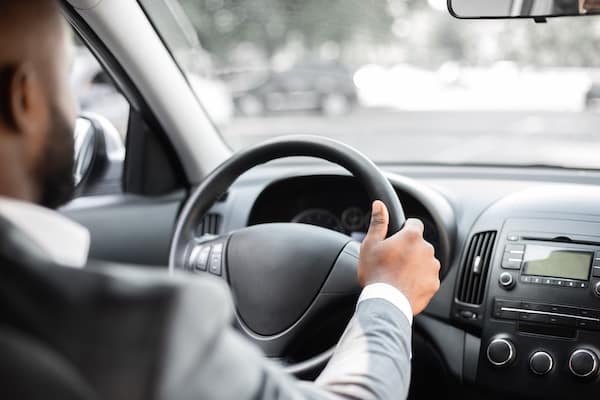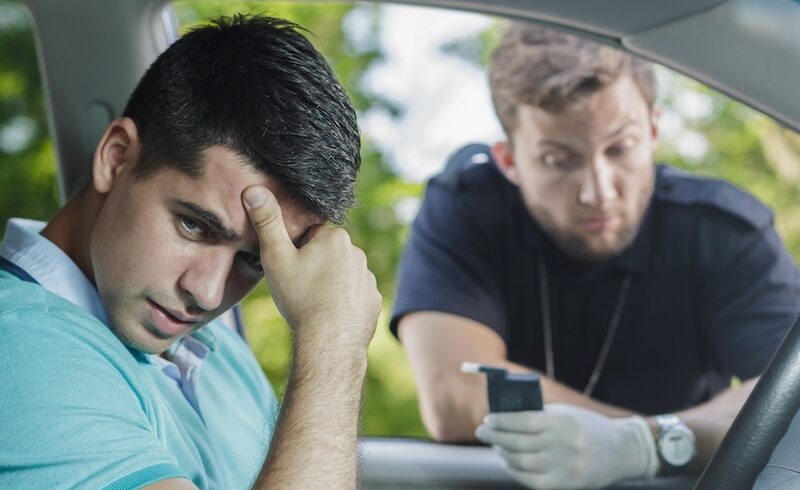
Zero Tolerance is the official policy on underage drinking and driving in Illinois. According to statistics, just 10% of licensed drivers are under the age of 21. This demographic is also responsible for 17% of alcohol-related fatal crashes.
If you’re under 21 and caught drinking, you could face having your license revoked, as well as other dire consequences. Below is all the information you’ll need on the Zero Tolerance Law in Illinois.
What is the Zero Tolerance Law?
It is a well-known fact that drinking, and driving is dangerous to your safety, and the safety of other drivers.
Drivers over the age of 21 are usually permitted to drive with some alcohol in their system as long as it does not exceed a certain level rendering the driver incapable of driving safely.
These laws vary from state to state. However, if you are under the age of 21, it is against the law to drive with any alcohol in your system. This law is known as the Zero Tolerance Law.
Why Does This Law Exist?
If you are over 21, the legal blood alcohol concentration (BAC) is 0.08. As alcohol severely limits your capacity to drive, this law has been put in place for the safety of you, your passengers, and other drivers.
However, data shows that 15% of alcohol-related deaths occurred in drivers with a BAC below 0.08. Within this figure, 55% of fatalities were those other than the driver and youth fatalities were more common.
In fact, crashes are the leading cause of death for teens in Illinois.
These figures show that driving with any alcohol in your system, even if it is below the legal limit is a danger to those around you. It also means that drunk driving under the age of 21 is especially dangerous.
The Zero Tolerance Law Explained
It is against the law for anyone under the age of 21 to buy, accept, possess or consume alcohol. So, if you are a driver under the age of 21, you should not be drinking at all.
If you are under the age of 21 and you are caught behind the wheel with alcohol in your system, you will lose your driving privileges, be liable to pay a fine, and could even face jail time. The amount of time you lose these privileges will depend on the severity of your individual circumstances.
What Happens if My BAC is Below 0.08?
If you are stopped, a police officer may request that you take a test. The consequences you face will depend on whether or not you refuse to take this test and the test results.
It is important to note that refusing to take a breathalyzer test to determine your BAC will result in a longer suspension of your driving privileges than if you were to fail the test.
If you are caught driving with alcohol in your possession, whether unopened or opened, you will also face consequences. These include a fine of up to $1,500 and a suspension of your license for 3 months for a first offense.
A second offense will see your driving privileges revoked for 12 months and a $2,500 fine. Your fines must be paid in full to get your driving privileges back.
What Happens if My BAC is Above 0.08?
A result above 0.08 and any other evidence of significant impairment will have more severe consequences.
These consequences include the revoking of driving privileges for up to two years, up to $2,500 in fines, as well as imprisonment for up to a year.
It is important to note that this is only for a first offense.
A second offense could result in loss of driving privileges for at least five years, imprisonment or community service, and up to $2,500 in fines.
Your third offense could see a 10 year loss of driving privileges, possible imprisonment of up to seven years, and up to $25,000 in fines.
Again, convictions and consequences will vary depending on individual circumstances. The bottom line is minors who are caught in possession of alcohol or who are caught driving under the influence of alcohol will be severely punished.
Reinstating Your IL Drivers License
Although these punishments may seem harsh, the severity of punishment for underage drinking and driving or illegal transportation of alcohol is necessary for your safety and the safety of other drivers.
However, losing driving privileges can have devastating effects on your livelihood and day-to-day functioning. If you are unable to perform important daily tasks without your license, with a bit of legal expertise, reinstating your license is a possibility.
The details of this process will vary depending on your case, but it is integral that you have the right paperwork and sound testimony in place for your hearing.
This sounds daunting but hiring the right legal professionals can speed up the process and make it a whole lot easier.
If you’re a first-time offender, you might choose to wait out your suspension, but if you can prove that losing your license has severely impacted your life, you might be able to apply for a Hardship Permit.
A Hardship Permit will allow you to drive only at certain times and under certain conditions when entirely necessary. This includes driving to or from school or work, or for medical reasons.
Explore Your Options
In the State of Illinois, underage drinking and driving is governed by a Zero Tolerance Law. However, if you believe that you have been treated unfairly or you can prove that your driver’s license is integral to your life, there’s still hope.
No matter the circumstances, you should always approach a trustworthy and experienced legal firm when it comes to reinstating your driving privileges. If you’ve had your driving privileges revoked and would like to know your options, get in touch for a free consultation today.


